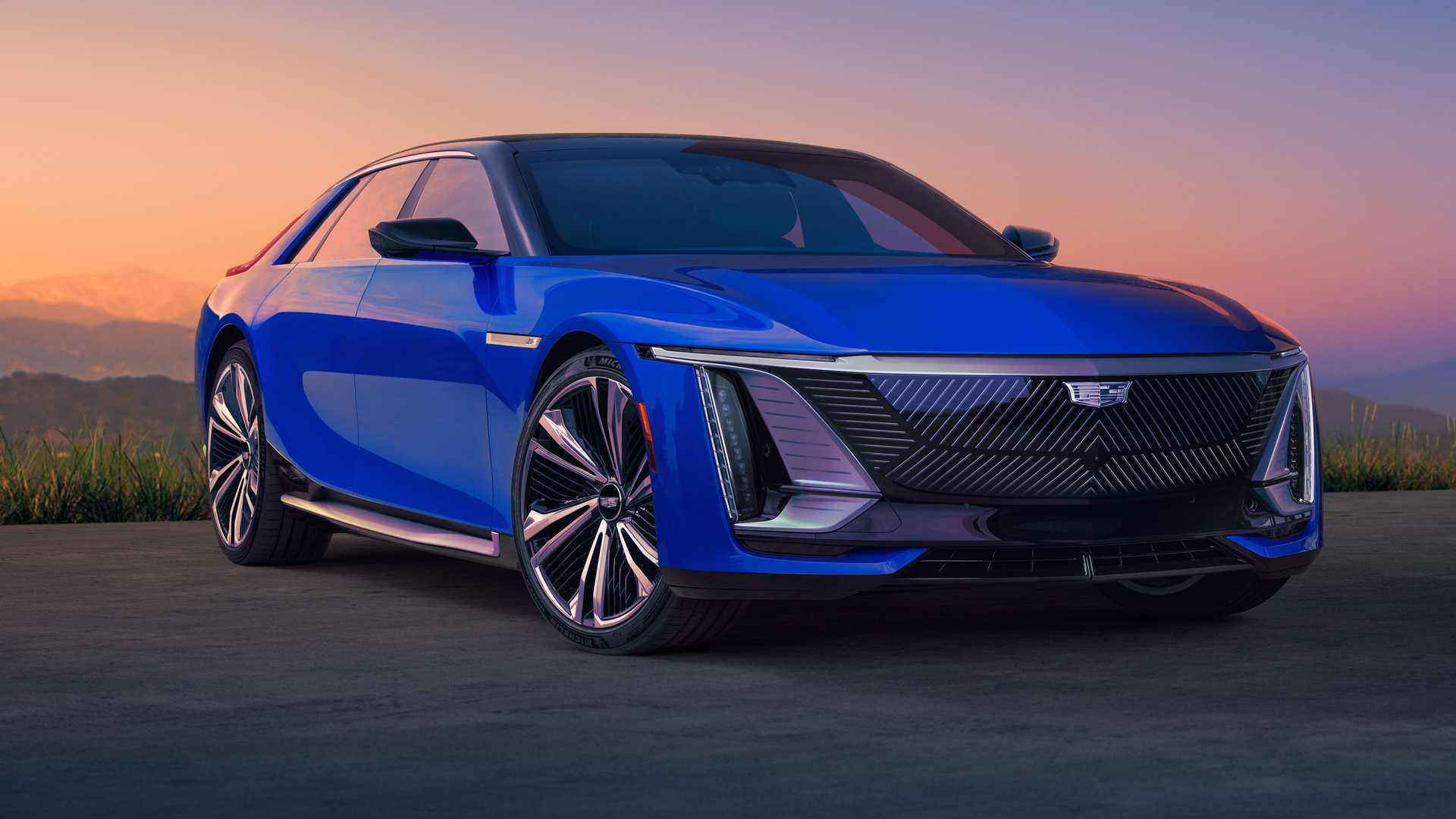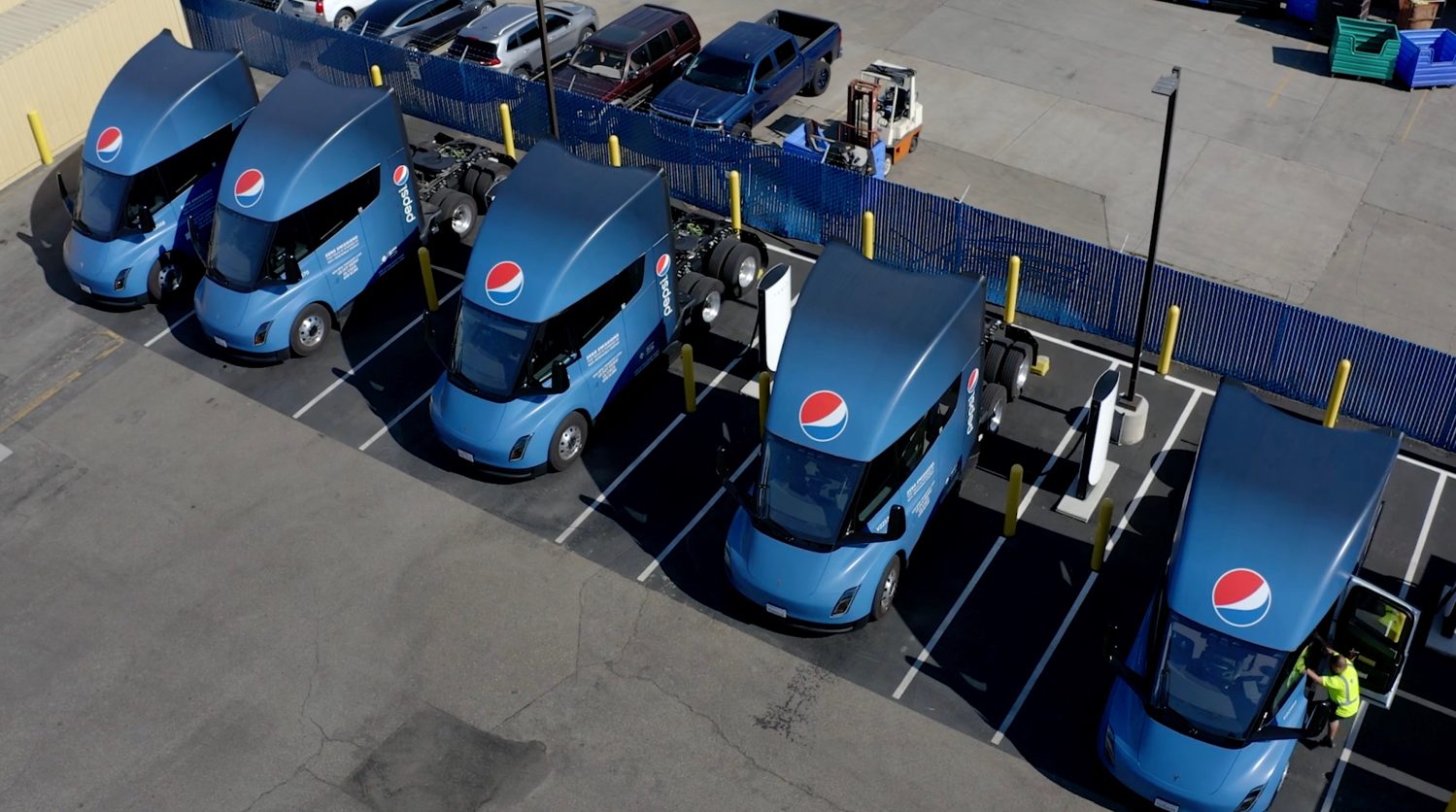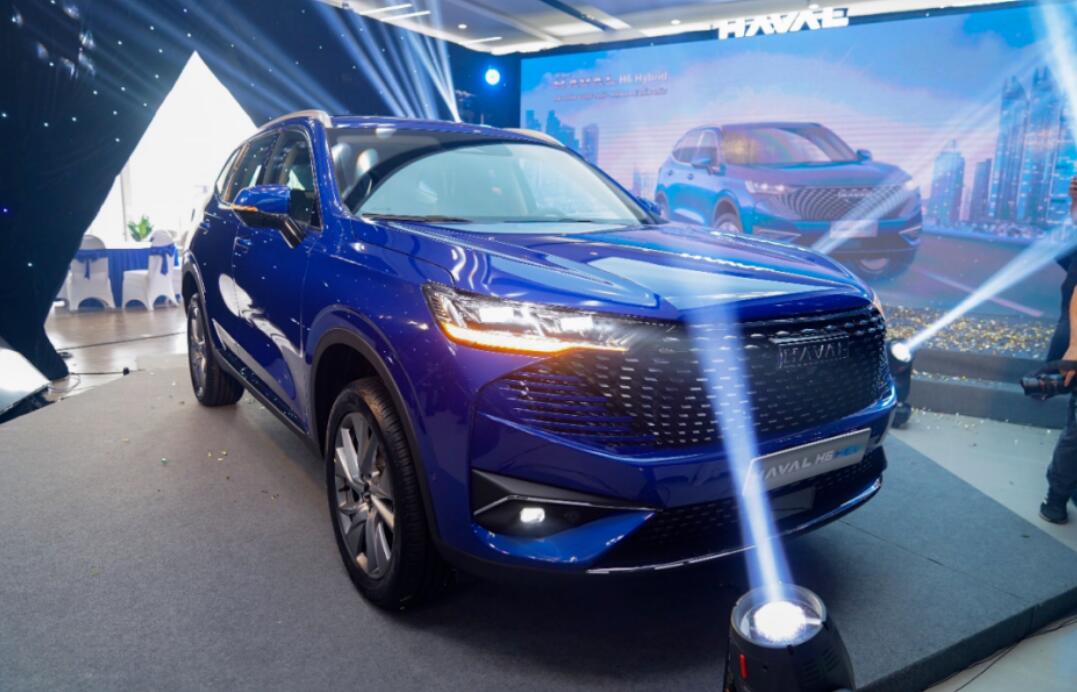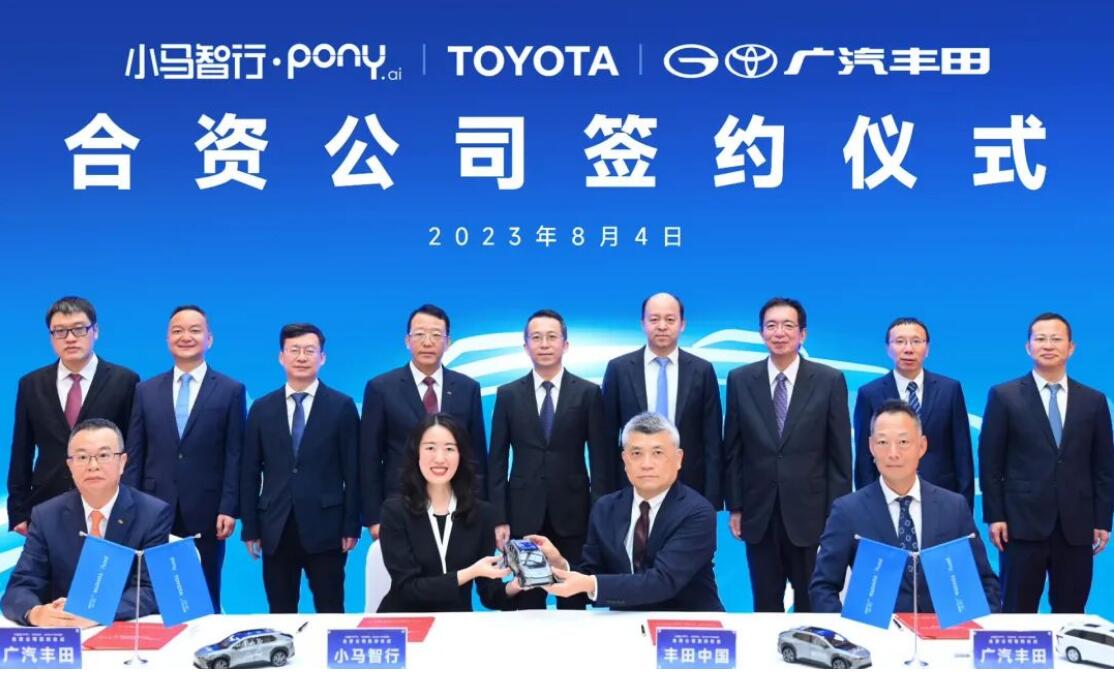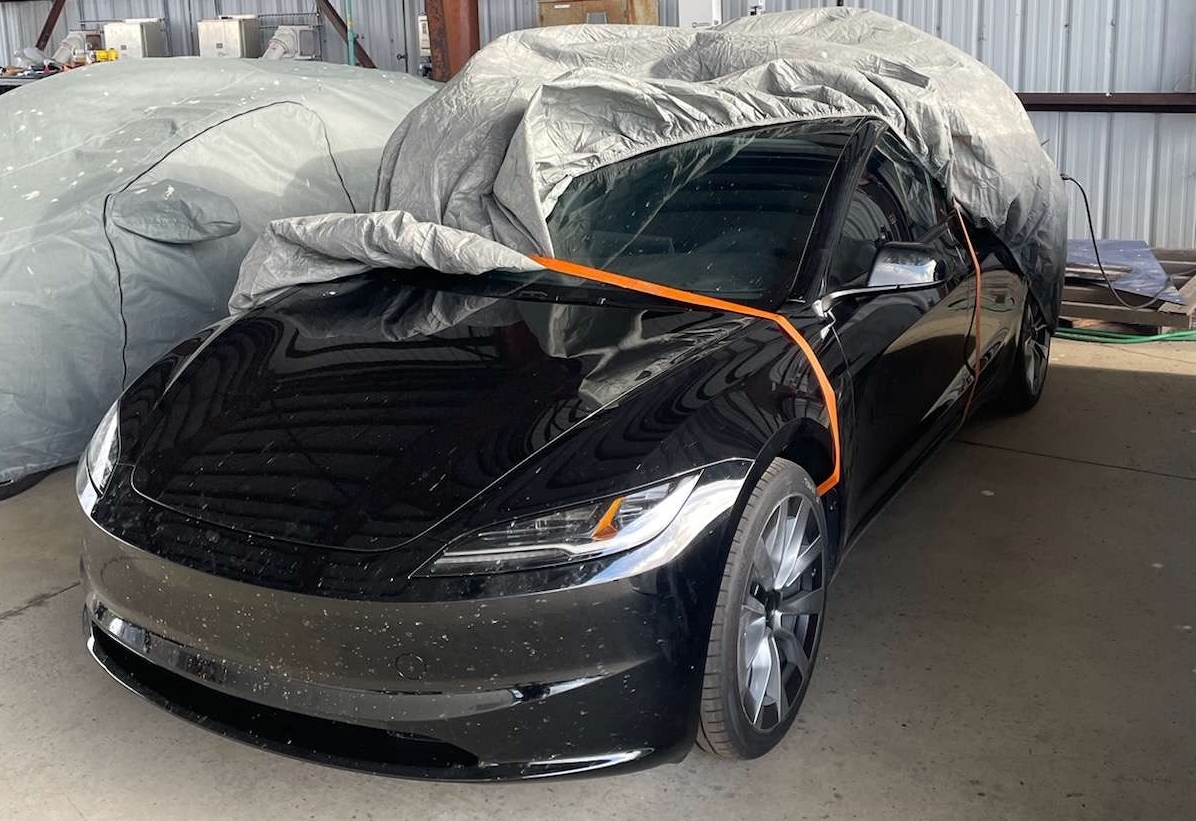As U.S. electric vehicle startups gear up to release their quarterly results, industry analysts and investors are bracing for the impact of Tesla’s price war and closely monitoring how these companies are navigating funding concerns in a competitive market.
Even Tesla, the dominant player in the electric vehicle sector, has warned of “turbulent times,” while established automakers like Ford Motor are grappling with losses in their electric vehicle ventures. The financial pressure has already taken its toll on the electric truck manufacturer, Lordstown Motors, which filed for bankruptcy in June.
For companies such as Lucid and Nikola, another quarter of significant cash burn is expected as they continue to address production challenges and fluctuations in demand.
Thomas Hayes, Chairman of hedge fund Great Hill Capital, observed, “The only ones that have a chance besides Musk are the legacy auto providers, and so far, they are proving that they are losing money hand over fist trying to get into the EV game.”
However, one standout performer appears to be Rivian Automotive, backed by Amazon, which is likely to report a remarkable three-fold surge in revenue to $983.1 million for the April-June quarter. Furthermore, Rivian’s cash outflow is expected to have slowed down by approximately $600 million from the previous quarter, showing signs of financial prudence. The company’s gross margins are also projected to have improved, illustrating its competitive advantage.
“Rivian’s competitive advantages are shining brighter, with the company emerging as a demand creator when considering that the majority of its buyers have never previously purchased a pickup truck,” noted Needham analyst Chris Pierce.
While Rivian gains momentum, Lucid, majority-owned by Saudi Arabia‘s Public Investment Fund, is expected to report deepening losses due to supply chain problems affecting its April-June production. However, a recent fundraise of about $3 billion is anticipated to bolster the company’s cash balance to $2.76 billion for the quarter.
On the other hand, Nikola, which raised going-concern concerns in May, is projected to face a 15% decline in revenue and wider losses in its quarterly report. The company has made efforts to mitigate cash burn through layoffs and the liquidation of a recently acquired battery business. However, industry analysts remain skeptical if these measures will be sufficient to meet its funding needs.
Fisker, with healthy cash reserves and ambitious profitability goals, is expected to report its first revenue from vehicle sales. Although the firm started deliveries of its Ocean SUVs in the June quarter, it missed its production target due to parts shortages. Investors will be keen to see Fisker’s reservation numbers, especially as its Ocean SUV does not qualify for the $7,500 federal tax credit.
As these electric vehicle startups release their financial reports, investors and industry experts alike are seeking insights into how these companies are adapting to the challenging landscape shaped by Tesla’s aggressive pricing strategy and the ongoing funding challenges in the electric vehicle market.


